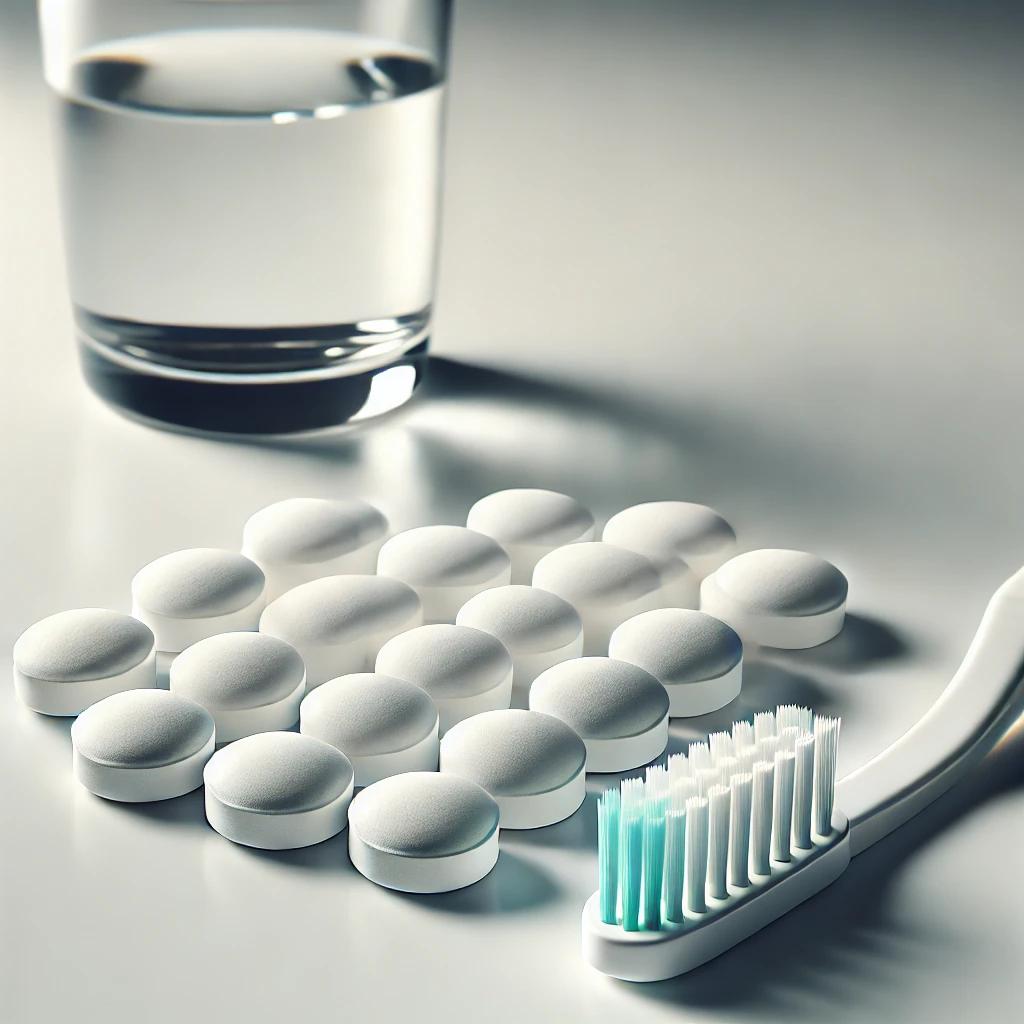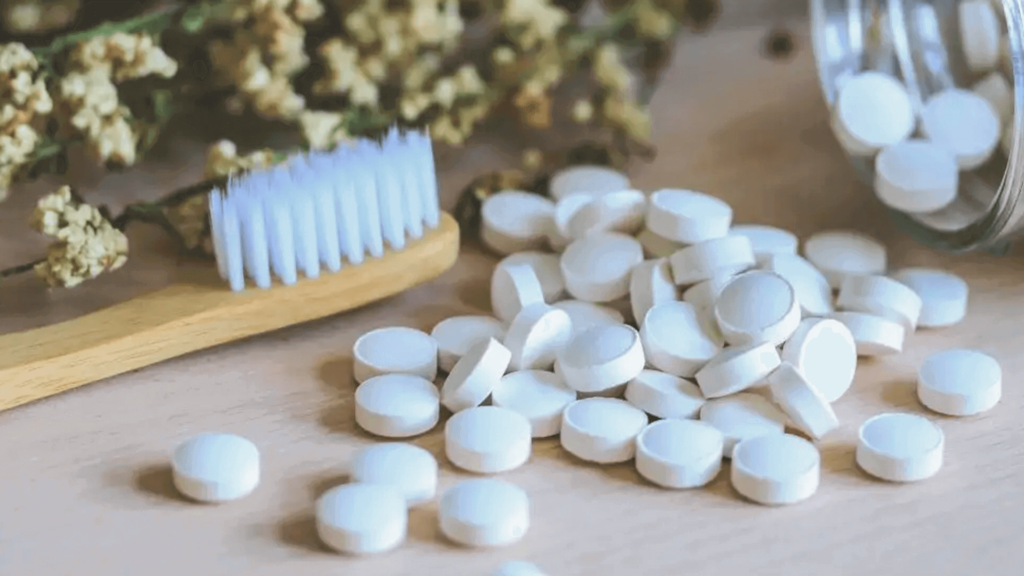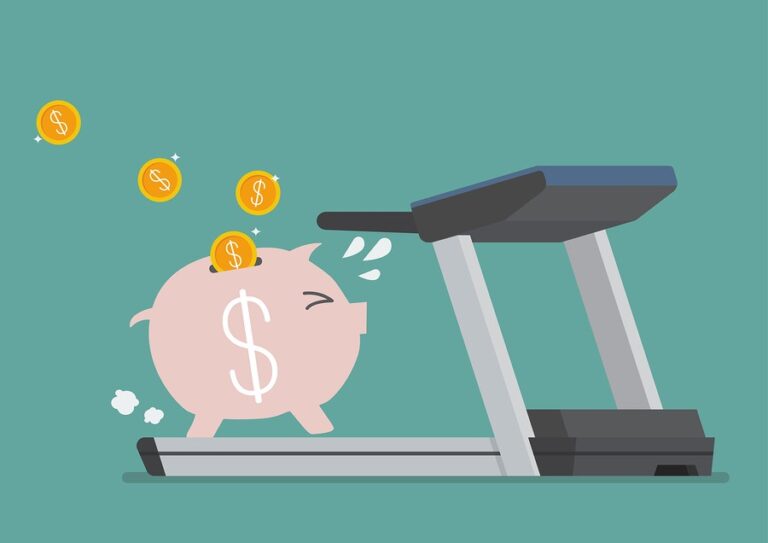In the quest for sustainability, many people are turning their attention to everyday products like toothpaste. Traditional toothpaste often comes in plastic tubes that are difficult to recycle and contribute to environmental waste. As a result, more eco-conscious consumers are exploring natural oral care alternatives, such as toothpaste tablets.
Understanding Toothpaste Tablets

Toothpaste tablets are a novel approach to dental hygiene. Instead of the traditional paste squeezed from a tube, the people over at Ecofam explain that these tablets are solid. To use them, you simply chew one tablet until it dissolves in your mouth and then brush as usual with a wet toothbrush. This process turns the tablet into a paste that cleans and refreshes the teeth and gums.
How Are Toothpaste Tablets Made?
These innovative tablets are typically made from a combination of natural ingredients. Common components include baking soda, silica, xylitol (for sweetness), and natural flavorings such as mint. They perform the essential functions of toothpaste: cleaning teeth, freshening breath, and reducing the risk of cavities and gum disease.
Toothpaste Tablets Safety
In any new product, safety is paramount. Toothpaste tablets safety is a concern for many, especially since this format strays from the familiar tube. Most toothpaste tablets are formulated with ingredients that are recognized as safe for oral care. Nonetheless, just like traditional toothpaste, it’s important to check that they contain fluoride unless you have a specific reason for avoiding this ingredient. Fluoride is crucial for fighting tooth decay, and many dental professionals recommend its use.
Are They Approved by Health Authorities?
In the United States, toothpaste and its alternatives, including tablets that contain fluoride, must comply with regulations set by the Food and Drug Administration (FDA). Many toothpaste tablets have undergone testing to ensure they meet safety and effectiveness standards comparable to regular toothpaste.
Benefits of Toothpaste Tablets

Toothpaste tablets offer several benefits beyond their environmental appeal. Here are just a few:
- Reduced Waste: They come in minimal, often biodegradable packaging, significantly reducing plastic waste compared to traditional tubes.
- Travel-Friendly: Their solid form and lightweight packaging make them ideal for travel, as they are TSA-compliant and easy to pack without the risk of spillage.
- Precise Dosage: Each tablet contains an exact amount of toothpaste needed for one brushing, helping to prevent overuse.
Natural Oral Care and Its Advantages
Switching to natural oral care products like toothpaste tablets can be part of a larger strategy to reduce chemical exposure in daily life. Lots of people choose natural products to avoid ingredients like sodium lauryl sulfate, triclosan, and artificial sweeteners, all of which are common in conventional toothpaste.
What Does Natural Really Mean?
When a product is labeled as “natural,” it generally means that it’s made from ingredients sourced from nature rather than synthetic or artificial compounds. But it’s important to read labels carefully, as the definition of “natural” can vary between manufacturers.
Eco-Friendly Toothpaste Options
Besides toothpaste tablets, there are other eco-friendly toothpaste alternatives that prioritize environmental sustainability and health. These include toothpaste powders, homemade pastes, and those that come in recyclable or reusable containers.
Why Consider Eco-Friendly Toothpaste?
Choosing eco-friendly toothpaste can help reduce environmental impact and supports a lifestyle that values sustainability. Selecting products that minimize plastic waste and use natural ingredients means consumers can influence the market, encouraging more companies to consider eco-friendly formulations and packaging.
Conclusion

Toothpaste tablets are a safe and effective alternative to traditional toothpaste, offering benefits for both dental hygiene and the environment. Incorporating natural and eco-friendly toothpaste options into daily routines means individuals can support their health and the health of the planet.







